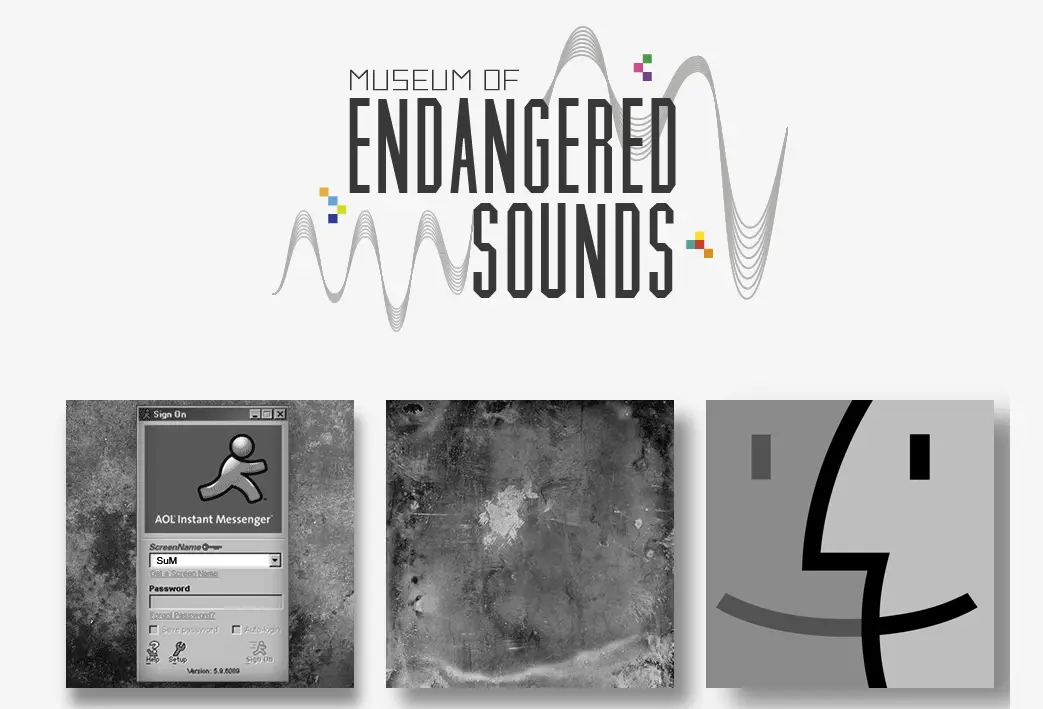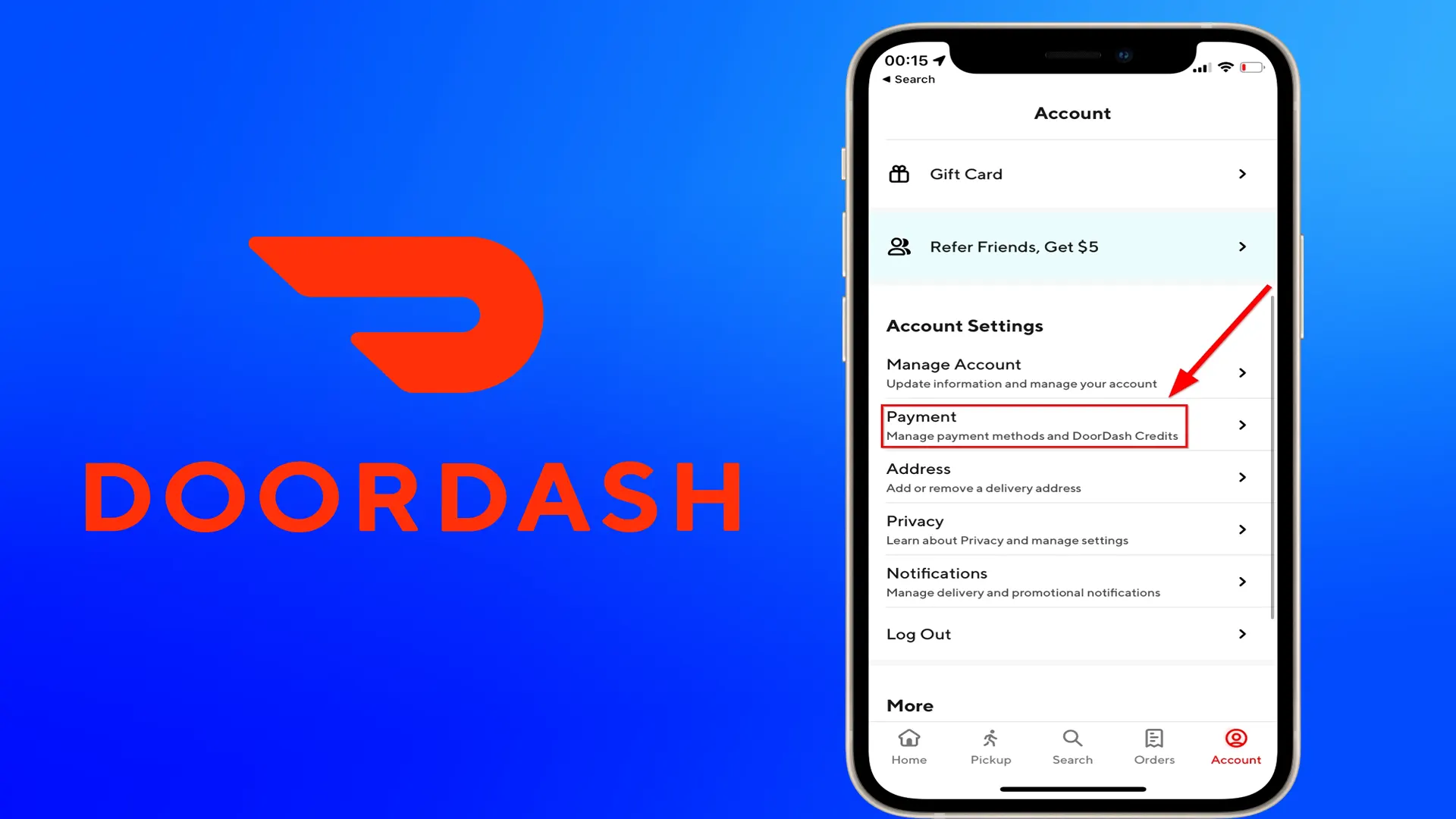When users browse the Internet, one of the most important things for them is privacy. It is not always present, as there are many types of programs or online services that can record what users do, steal information, and even send malware.
To encrypt your connection, hide your IP address, and improve your privacy to some extent, you can use a VPN. However, it has its limitations and even problems depending on which service you use. In turn, decentralized VPNs are considered the best option. This is an Internet-based software application that connects two or more networks. Let’s take a closer look at what it is and how it differs from a traditional VPN.
What does dVPN mean?
To understand what decentralized VPNs are, you first need to understand what traditional VPNs are and how they work. VPNs offer an impressive number of benefits, including security and privacy. In addition to these qualities, VPNs can also offer better speed under certain circumstances, such as when a regular connection is clogged with network requests.
When you work on the Internet, you want to be sure that your traffic is encrypted. To do this, you need a VPN. This is a network of several servers controlled by the same company. When you use a VPN, you connect to a remote server and access the Internet through it. Connecting to a VPN server is similar to connecting to another computer on the network.
VPN services must be managed centrally because they are owned by the company. This means they can log web browsing data and are even more vulnerable to a single point of failure. Last year, it was revealed that many VPN providers do log and sell browser data.
So what is dVPN?
A decentralized VPN is a network that cannot be traced back to a central server. Such networks run on bandwidth leased by their users and are not controlled by any company, group, or individual.
These services make surfing the Internet more efficient, faster, and safer. What’s more, they protect your personal data from third parties and provide democratic control over the Internet.
How does dVPN work?
A decentralized VPN, also known as a dVPN, P2P VPN, or, less commonly, a DPN, connects you not to a separate server, but to what is called a “node”. The node can be a server, but it can also be someone’s phone or laptop, or even a desktop computer on standby somewhere in the office.
At first glance, of course, this sounds a bit dubious, since you are giving access to your devices to strangers. The good news is that they cannot access your devices. In no way can anyone use your machine. The traffic is kind of just routed through your address.
However, most dVPN providers seem to allow two types of plans – that allow you to earn credits by letting others move around your devices, and plans that allow you to pay for access like a regular VPN.
How are dVPNs different from regular VPNs?
Decentralized VPNs offer several advantages that traditional VPNs don’t. In addition to all the features that VPNs have, decentralized VPNs are more affordable.
When people think of a VPN, they often associate it with security, but decentralized VPNs offer more than that. Here are the main benefits:
- Increased efficiency.
- Cost-effective.
- Blockchain driven.
- No single point of failure.
- Open participation.
- Cryptocurrency based.
- No logging.
However, you should keep in mind that this type of VPN is still under development and still has a long way to go. It can be an interesting option if you want maximum privacy and avoid that a traditional VPN can record certain types of data.
Thus, the main advantage of a decentralized VPN over a traditional VPN is that it doesn’t depend on a central point. The management of your connections doesn’t depend on a centralized authority. Everything will be decentralized and will work through nodes.
How is dVPN related to crypto?
As mentioned earlier, you benefit from providing your “space” as a node. However, it is not the dVPN platform itself that pays you, but your fellow users. The platform only facilitates trade and charges for its work. Not surprisingly, the payment is in some form of cryptocurrency. Sometimes, it even comes in the form of a proprietary coin created by the dVPN platform itself. The Mysterium Network, for example, uses MYST, and Orchid uses OXT.
It’s not just by allowing others to use your device as a host that you can make money. Most – though not all – dVPN platforms also allow you to use idle bandwidth to mine tokens. That way, whether someone is using your node or not, you can still make money. It won’t be much, but it’s a good way to monetize your Internet connection.
Keep in mind that some dVPN platforms go further down the cryptocurrency path than others. One good example is Deeper Network, which allows customers to buy special devices that serve as a gateway for their dVPN network. This means that you don’t use your own device to use the VPN – and automatically go into mining mode.






